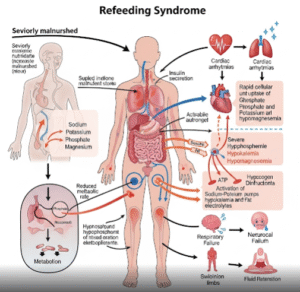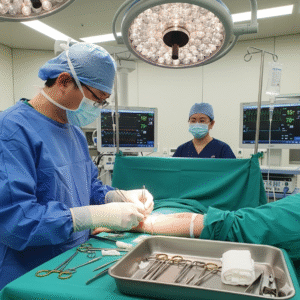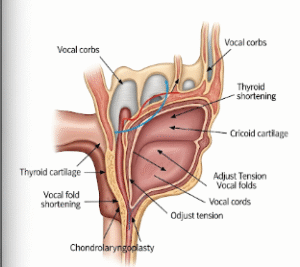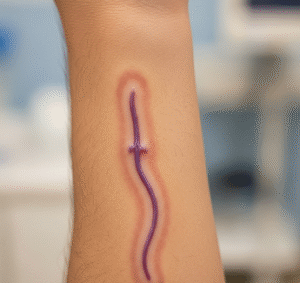Overview
Capgras Syndrome is a rare psychiatric and neurological condition in which a person believes that someone close to them, such as a spouse, family member, or friend, has been replaced by an identical-looking impostor. It is classified as a delusional misidentification syndrome and is often associated with psychiatric disorders, brain injury, or neurodegenerative diseases. In Korea, advanced psychiatric and neurological services are available to diagnose and manage this condition through specialized hospitals.
What is Capgras Syndrome?
Capgras Syndrome is a delusional disorder where the brain fails to connect recognition of familiar faces with emotional attachment. Patients may visually recognize loved ones but feel emotionally disconnected, leading them to believe the person is an impostor. It can occur alone but is often linked to schizophrenia, dementia, Alzheimer’s disease, Parkinson’s disease, or brain trauma.
Symptoms
- Persistent belief that a loved one has been replaced by a duplicate
- Anxiety, suspicion, or paranoia toward the “impostor”
- Aggression or withdrawal from the person they misidentify
- Lack of emotional response when seeing familiar faces
- Difficulty in maintaining relationships
- Symptoms of underlying psychiatric or neurological disorders (hallucinations, memory loss, confusion)
Causes
- Psychiatric conditions: Schizophrenia, schizoaffective disorder
- Neurological causes: Alzheimer’s disease, Parkinson’s disease, Lewy body dementia
- Brain injury: Damage to the temporal lobe or frontal lobe (areas for recognition and emotional processing)
- Neurochemical imbalance affecting dopamine pathways
- Severe stress or trauma in rare cases
Risk Factors
- Individuals with schizophrenia or other psychotic disorders
- Older adults with dementia or Alzheimer’s disease
- Patients with a history of brain injury or stroke
- Neurological disorders affecting memory and recognition
- Family history of psychiatric illness
Complications
- Strained family and social relationships
- Aggressive or violent behavior toward the “impostor”
- Depression and social withdrawal
- Difficulty receiving care from family members
- Progression of underlying neurological disease
Prevention
- Early diagnosis and treatment of psychiatric and neurological disorders
- Medication compliance for schizophrenia and related illnesses
- Cognitive and memory training for dementia patients
- Regular follow-up with neurologists and psychiatrists
- Family counseling and education to handle delusional episodes safely
Treatment Options in Korea
Korean hospitals offer multidisciplinary treatment combining psychiatry, neurology, and psychotherapy.
Medications
- Antipsychotics (risperidone, olanzapine) for schizophrenia-related Capgras
- Antidepressants or anti-anxiety medications if depression or anxiety is present
- Cholinesterase inhibitors (donepezil, rivastigmine) for dementia-related cases
Therapies
- Cognitive-behavioral therapy (CBT) to challenge delusional thinking
- Reality orientation therapy for dementia patients
- Family counseling and support to manage caregiver stress
Neurological Support
- Brain imaging (MRI, CT scans) to detect lesions or degenerative changes
- Rehabilitation programs for brain injury patients













